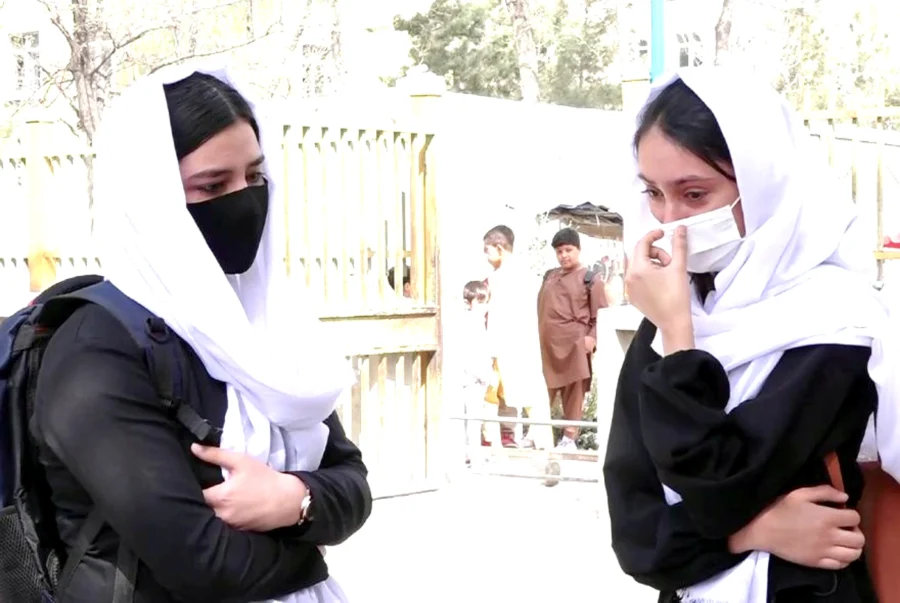According to a recent report by Care International, a staggering 80 per cent of school-aged Afghan girls and young women are currently being denied access to education in Afghanistan.
Afghanistan is the sole country globally to enforce a ban on girls’ and women’s education, resulting in a substantial economic toll of approximately $5.4 billion.
“Currently, 80 per cent of school-aged Afghan girls and young women – 2.5 million people are out of school,” the report reads.
A disheartening reality emerges from Afghanistan, where over 700 days have elapsed since schools were shuttered for female students beyond the sixth grade. The persistent closure has left these students uncertain, with their educational future in the balance.
In this prolonged period of educational standstill, the plight of these young women underscores the deep-seated challenges that Afghan society faces. The lack of clarity surrounding the resumption of their studies not only hampers individual growth but also perpetuates a cycle of gender inequality and impedes the nation’s progress. Since the Taliban assumed control over Afghanistan in August 2021, there has been a disheartening series of actions targeting women’s rights.
The initial move involved the prohibition of girls progressing beyond the sixth grade in schools, and an even more restrictive measure followed this in December 2022, which effectively halted women’s access to higher education at universities. Compounding these restrictions, another distressing development emerged as the Taliban authorities forbade women from engaging with international aid agencies, including organizations like the United Nations. Recently, this trend of regressive policies escalated as the operation of women’s beauty salons was abruptly halted across the country. This decision resulted in the termination of over 60,000 employment opportunities for women.
Despite the vehement criticism voiced by both international and domestic entities, the Taliban leadership appears steadfast in their persistence to curtail women’s rights, whether it pertains to education or employment opportunities. This stance has drawn widespread condemnation, emphasizing the urgent need for Sustained advocacy and efforts to restore Afghan women’s rights.—PR










